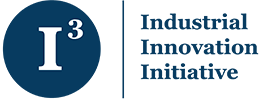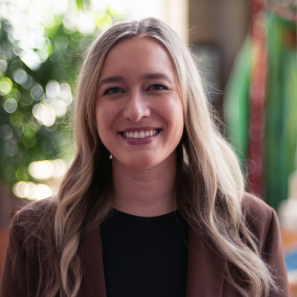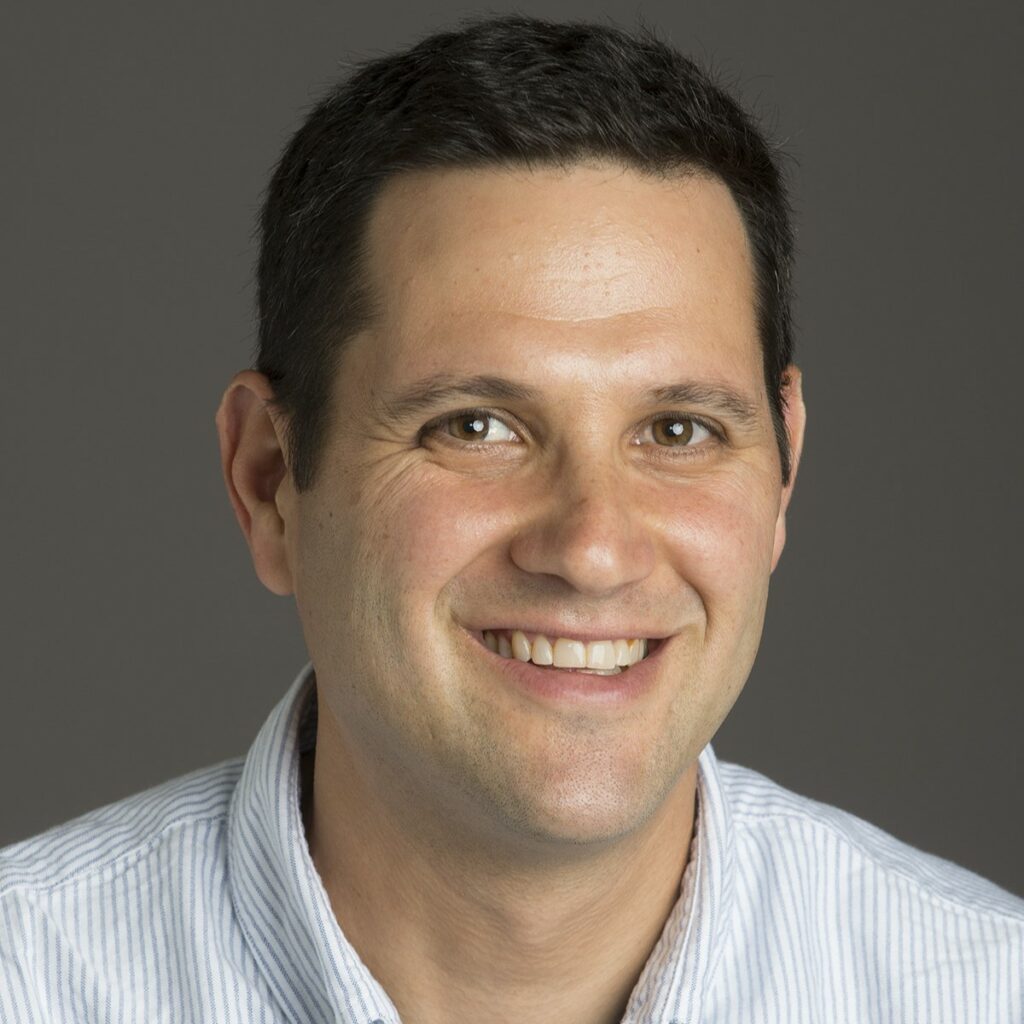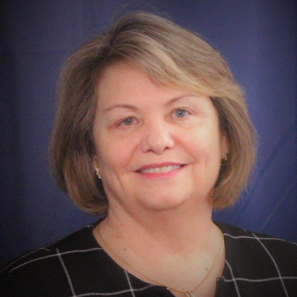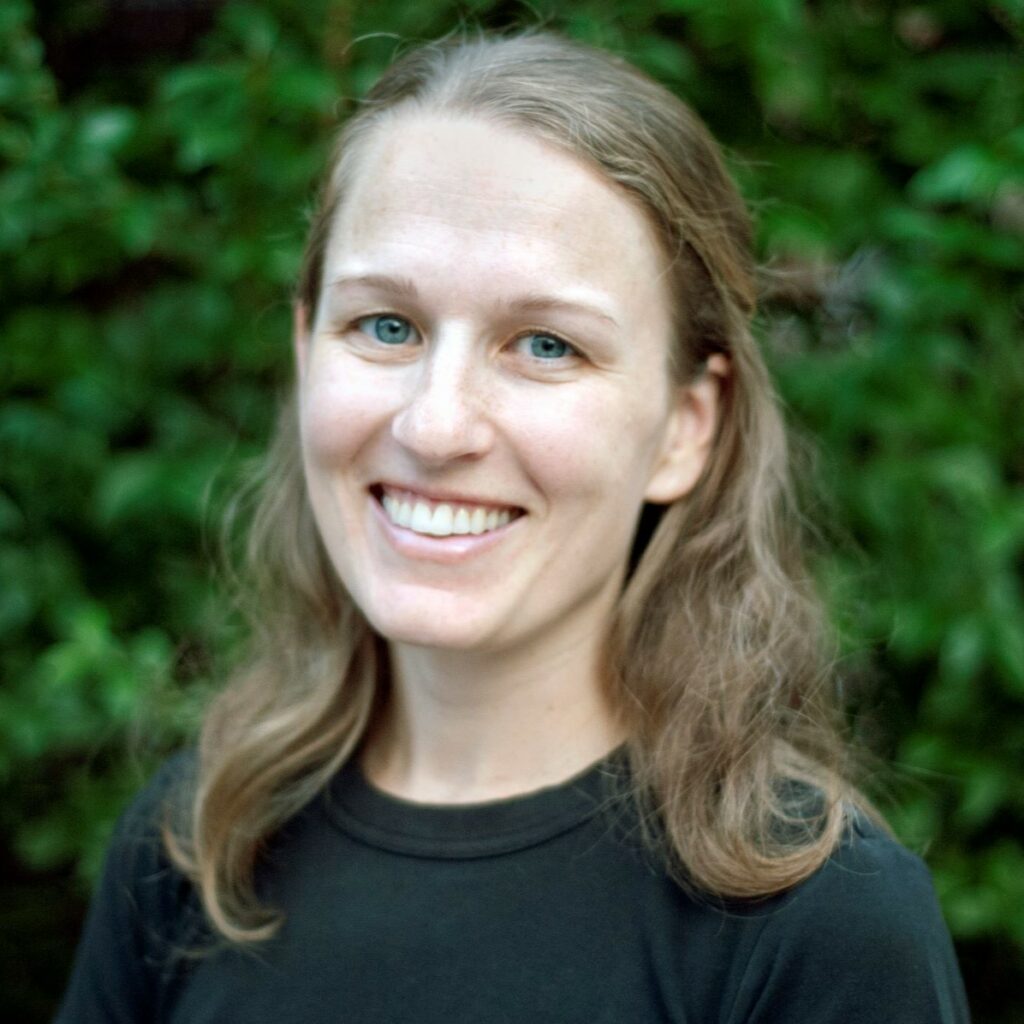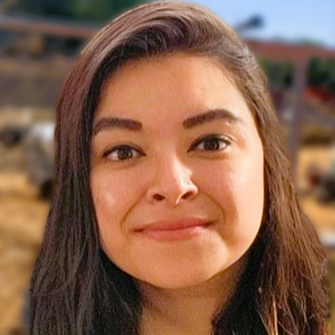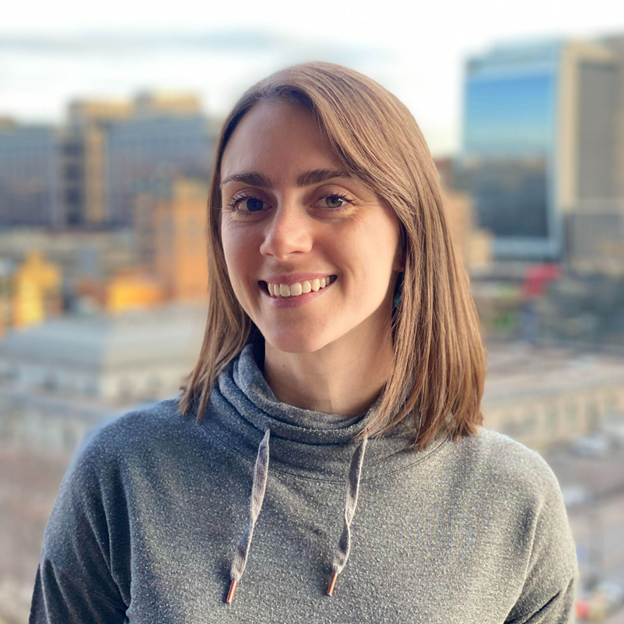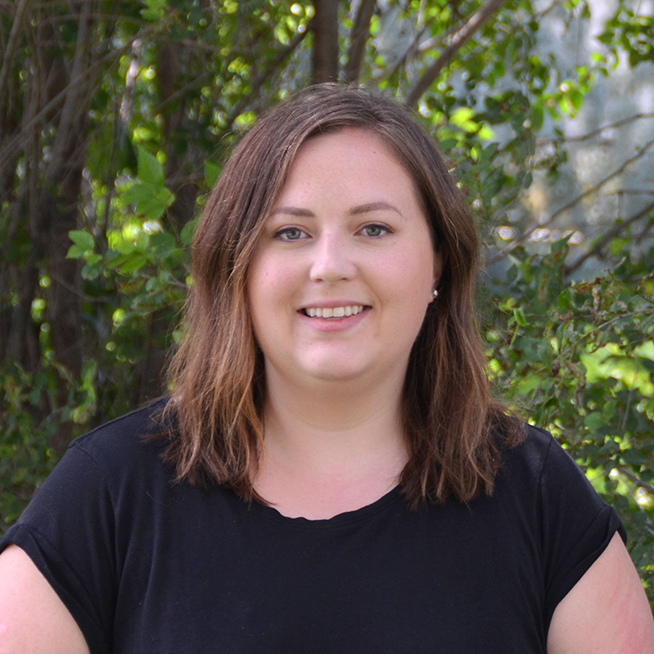Who we are
Our mission: A net-zero carbon economy by 2050, which requires reducing greenhouse gas emissions 50 percent by 2030. I3 aims to advance solutions key to decarbonizing the industrial sector by midcentury through policy development and implementation; technology demonstration and adoption; and demand-side market development at state, regional, and federal levels.
Our values: I3 values a stable climate, a safe and healthy environment, thriving livelihoods for American workers, and a strong U.S. economy. The policies I3 supports, therefore, focus on putting American industry on a path to achieve net-zero emissions by midcentury, high-wage job retention and creation, technology leadership, and economic competitiveness.
Our focus: Supporting policies that put American industry on a path to achieve net-zero emissions by midcentury, high-wage job retention and creation, technology leadership, and economic competitiveness. This includes education, advocacy, and research to support the implementation of policy priorities and technology deployment — advancing solutions for decarbonizing the industrial sector by midcentury.
What we do
I3 advances decarbonization solutions important to industrial sectors, including carbon management, hydrogen and other low- and zero-carbon feedstocks and fuels, electrification, energy efficiency, and low-carbon procurement. We promote industrial decarbonization through engagement, consensus, and advocacy:
Diverse stakeholder engagement across industry, technology, and power companies; environmental and labor organizations; and state officials.
Consensus-based strategies and federal and state recommendations that promote decarbonization in industry.

Collaborative education and advocacy to promote the adoption of policy recommendations and support the development and deployment of decarbonization projects and initiatives.
Our Members
Diverse and innovative — reflecting the scope and complexity of the decarbonization challenge and encompassing a broad range of stakeholder participation to identify meaningful and lasting solutions.
Involved and invested — including nearly 30 key industry and power companies, energy and environmental non-governmental organizations, labor unions, state officials, and other stakeholders, to advance cross-cutting strategies, policies, and programs for achieving industrial decarbonization.
- Air Company
- American Cement Association
- American Council for an Energy-Efficient Economy
- Antora Energy
- ArcelorMittal
- Bipartisan Policy Center
- Boston Metal
- Breakthrough Energy
- BuiltCold
- CarbonCure
- CEMEX
- Ceres
- Clean Air Task Force
- ClimateWorks Foundation
- Dow Chemical
- Electrified Thermal Solutions
- Entergy Corporation
- Growth Energy
- International Brotherhood of Boilermakers
- Holcim US
- Laborers’ International Union of North America
- LanzaTech
- Leilac
- Minnesota Power
- National Wildlife Federation
- Natural Resources Defense Council
- Nuclear Innovation Alliance
- Occidental
- Poet
- Renewable Fuels Association
- Savor
- Shell
- Southern California Pipe Trades District Council 16
- Third Way
- United Association of Plumbers and Pipefitters
Our Conveners
I3 is a diverse stakeholder group co-convened by Great Plains Institute (GPI) and World Resources Institute (WRI).

As a nonpartisan, nonprofit organization, Great Plains Institute (GPI) accelerates the transition to net-zero carbon emissions for the benefit of people, the economy, and the environment. Working across the US, we combine a unique consensus-building approach, expert knowledge, research and analysis, and local action to find and implement lasting solutions. Our work strengthens communities and provides greater economic opportunity through the creation of higher-paying jobs, expansion of the nation’s industrial base, and greater domestic energy independence while eliminating carbon emissions. Learn more at www.betterenergy.org.

World Resources Institute (WRI) is a global research organization that turns big ideas into action at the nexus of environment, economic opportunity and human well-being. We envision an equitable and prosperous planet driven by the wise management of natural resources. WRI aspires to create a world where the actions of government, business, and communities combine to eliminate poverty and sustain the natural environment for all people. Learn more at www.wri.org.
Our Team
The work of the Industrial Innovation Initiative (I3) has grown out of the history and track record of Great Plains Institute (GPI) and World Resources Institute (WRI) building support for energy and climate policies in energy-producing, industrial and agricultural regions of the country. GPI and WRI jointly facilitate the Initiative, together staffing I3.
Stay current
Get the Newsletter. Become a Member. Ask-an-Expert.
